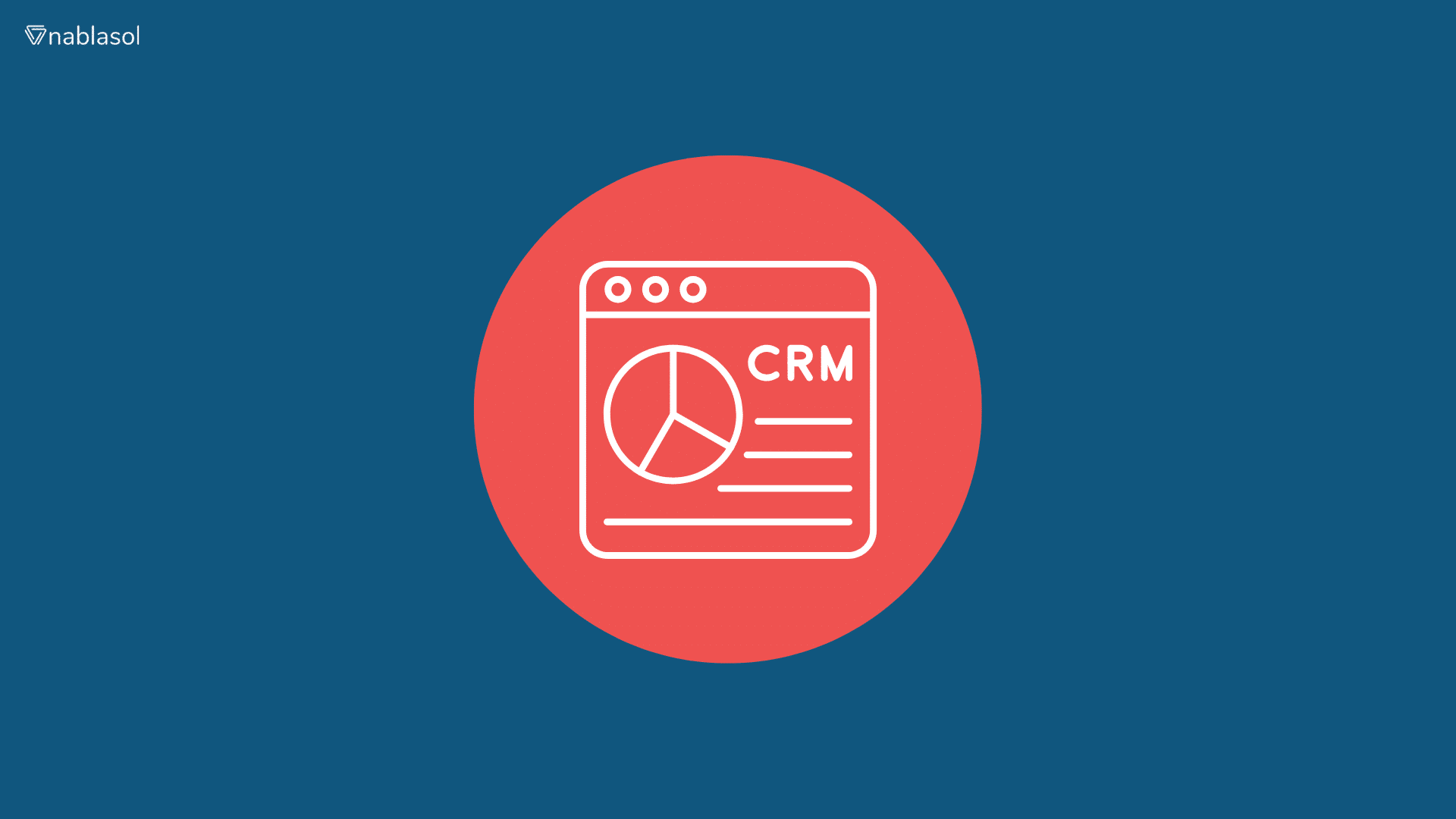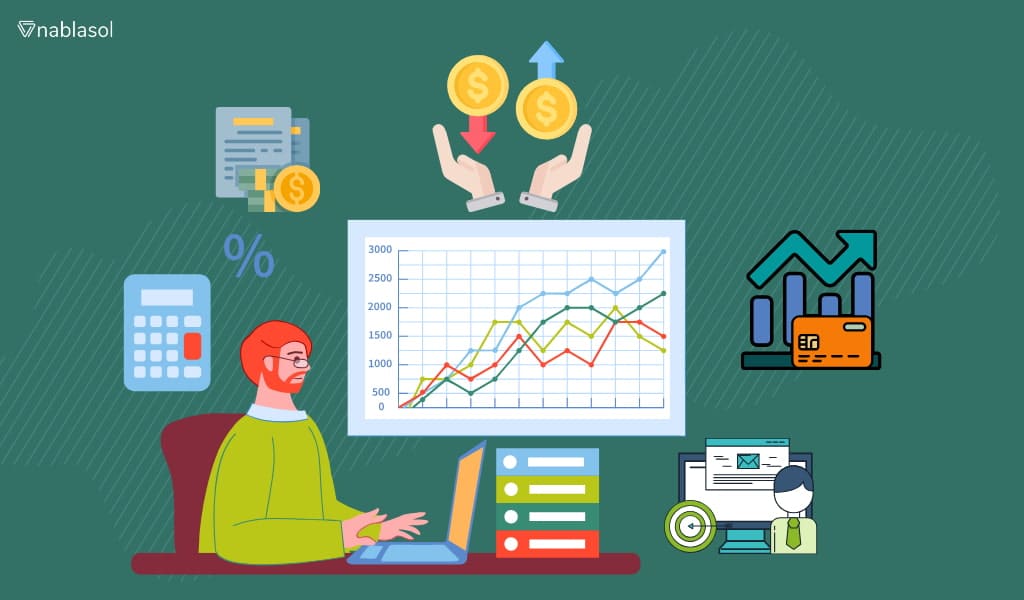Long the pillar of good business operations, customer relationship management (CRM) gives companies priceless information about consumer contacts and preferences. CRM systems have recently developed from essential databases and simple ecosystems driven by artificial intelligence, automation, and real-time analytics. CRM technology will significantly jump by 2025, altering the corporate environment. Businesses that embrace these developments will have more tailored client contacts, improved processes, and, eventually, a better bottom line.
Turning Towards Data-Driven Client Experiences
Emphasizing data-driven customer experiences is one of the main factors influencing CRM’s direction. 2025 CRM systems will use artificial intelligence (AI) and machine learning (ML) to understand consumer behavior better. The days when consumer data lay dormant in a CRM database are long gone; in the future, CRM will see data actively anticipating consumer demands.
These technologies will be able to forecast future activities and customize interactions to an unheard-of degree by examining trends in consumer behavior. For example, a CRM driven by predictive analytics can automatically highlight a product a customer is most likely interested in based on prior purchases or advise the ideal moment for a company to contact a particular client. This change in customer management from reactive to proactive will help raise retention and satisfaction rates in many sectors.
AI-Powered Automation for Enhanced Productivity
AI-powered automation will change CRM going forward by allowing companies to manage repetitive processes more effectively. Automated systems will simplify routine tasks, including data input, lead scoring, and client segmentation, saving critical time for human staff to concentrate on high-impact projects. AI can also automate customer service, enabling businesses to answer questions that are often asked immediately via chatbots and virtual assistants.
Automation in CRM will lower the danger of human error in 2025 and increase operational efficiency. Imagine a CRM capable of automatically creating a customized marketing campaign or follow-up activities based on consumer behavior. Delivering a consistent and significant customer experience depends on this intelligent automation, guaranteeing that companies remain relevant and responsive in a cutthroat market.
Real-Time Views: Maintaining Customer Expectations
Companies must have a more agile CRM strategy as client demands keep growing. By 2025, CRM systems will provide real-time insights, allowing businesses to react to consumer needs faster. Imagine a retail business getting a real-time alert when a high-value consumer looks over their website. This realization might inspire the customer support staff to proactively provide help or special discounts, raising possible conversion rates.
Real-time analytics also enable companies to make instantaneous, data-driven decisions. The future of CRM will be all about adaptability, whether that means changing a marketing campaign based on real-time engagement data or modifying sales methods based on customer comments. Businesses with these instruments will be more competitive since they align with fast-evolving consumer demands.
One 360-degree perspective for unified customer profiles
Making consistent customer profiles and providing companies with a 360-degree perspective of every customer will define CRM going forward. CRM systems will compile information from several sources in 2025—social media, internet interactions, purchase history, and even offline interactions. This all-encompassing profile will help businesses become utterly aware of their clients, allowing them to create customized interactions.
This integration will simplify internal processes and eradicate data silos, therefore facilitating departmental cooperation and insight sharing. Sales teams, for example, can utilize a customer’s support history to customize their presentations; marketing teams might use this information to identify consumers with pertinent material. In today’s competitive company environment, unified customer profiles guarantee that every connection feels smooth and personal.
The Emerging Voice and Conversational CRM Movement
The tech sector is seeing waves from voice technology and conversational interfaces, and CRM is no exception. Voice-activated CRMs will be commonplace by 2025, enabling consumers to enter data and access analytics freehand. Teams in customer service and sales who are always on the road would benefit from this development. Imagine a customer care agent utilizing voice commands to log a service request or a salesperson requesting a rapid update on a lead’s activity history from their CRM.
Conversely, conversational CRM will let companies interact with consumers using messaging apps, including WhatsApp, Facebook Messenger, and even SMS. These practical communication channels allow for more natural, intimate relationships with consumers. Companies can develop closer bonds and raise client loyalty by being available on the platforms that consumers prefer.
Security and Privacy: Developing Customer Confidence
The future of CRM will prioritize privacy and security, given the growing volume of data kept and processed. Consumers expect businesses to safeguard their data and are becoming increasingly aware of data privacy problems. To maintain consumer confidence, CRM systems will thus have to follow data protection rules and implement stricter security policies.
Companies prioritizing data security will build closer bonds with their clients, who will be more comfortable disclosing their data. Transparency tools that let users view how their data is utilized will also probably find utility in CRM systems. This openness will enable consumers to make wise decisions regarding their privacy, enhancing loyalty and trust over time.
Ecosystem Development and Integration
With CRM systems linking with an expanding variety of corporate applications, the future of CRM will also see notable ecosystem expansion. This trend will help companies centralize their activities on one platform, building a coherent system whereby client data moves naturally between tools. By 2025, CRM systems will include connections from project management and customer support tools to email marketing and e-commerce systems.
These interfaces imply that data no longer needs to be manually transmitted across systems, lowering the chance of mistakes and enhancing companies’ operational efficiency. For instance, a CRM linked with an e-commerce platform may automatically create focused product recommendations based on browsing behavior. A coherent customer experience depends on such interconnections since they guarantee that every element of the consumer path is consistent and linked.
Stress on Customer Success
Businesses are starting to center customer success more and more, which will show in CRM going forward. Beyond sales and marketing by 2025, CRM systems will include tools and measures of customer satisfaction, engagement, and retention. This emphasis on customer success will enable companies to spot and mitigate possible attrition hazards early on.
Furthermore, CRM systems will give companies a practical understanding of consumer wants, helping them create long-term satisfaction-oriented plans. This strategy will help businesses increase client retention and build a strong reputation that draws in fresh business through good word-of-mouth.
Ultimately, the Next Generation of Customer Relationships
Looking ahead to 2025, it is abundantly evident that CRM has the power to change corporate operations completely. With developments in artificial intelligence, automation, real-time data, and customer-centric design, CRM systems will be increasingly important in enabling companies to create significant, long-lasting relationships with their consumers. Those who adopt these technologies will have a considerable advantage since they will be ready to satisfy the changing wants of consumers in a dynamic market.
The function of CRM will go beyond basic data administration in the following years to become a complete instrument for providing value at all phases of the consumer path. Companies that keep investigating these ideas will establish better bonds and fresh chances for development, success, and long-lasting influence. Every forward-looking organization should be eager to welcome the future of CRM since it promises to change how companies interact with their consumers.



